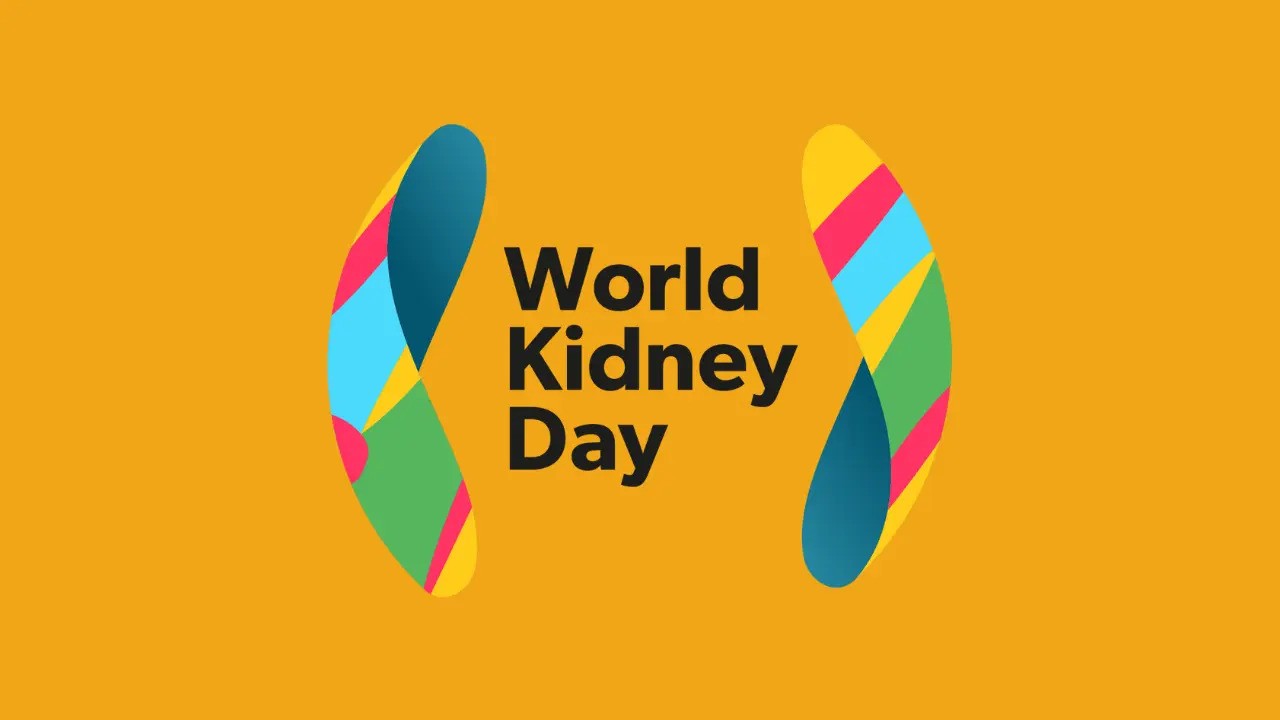World Kidney Day is an annual global awareness campaign that takes place on the second Thursday in March. Its primary goal is to raise awareness about the importance of kidney health, risk factors for kidney disease, and the value of early detection and prevention. The campaign also emphasises the importance of reducing kidney disease’s global impact and burden.
Kidney stones, or renal calculi, are hard deposits of minerals and salts that form in the kidneys or urinary tract. These stones can range in size from a single grain of sand to a golf ball. Kidney stones can cause severe pain and discomfort as they pass through the urinary tract.
Cases of kidney stones have increased in recent years, even among young people. This trend is influenced by a number of factors, which are discussed below. Continue reading to find out.
Reasons Why Cases of Kidney Stones Are On The Rise:
1. Dietary Habits
Poor dietary habits, such as eating a lot of sodium, sugar, and processed foods, can raise the risk of kidney stones. Excessive consumption of oxalate-rich foods such as spinach, nuts, and chocolate may also contribute.
2. Dehydration
Inadequate water intake can result in concentrated urine, which allows minerals to crystallize and form stones. Encourage proper hydration by drinking plenty of water throughout the day to help prevent kidney stone formation.
3. Obesity
Obesity increases the risk of kidney stones. Obesity can influence the metabolism of calcium, oxalate, and other substances involved in stone formation. Maintaining a healthy weight through diet and exercise can help lower this risk.
4. Sedentary Lifestyle
Obesity is linked to a lack of physical activity, which can increase the risk of kidney stones. Regular exercise not only helps you maintain a healthy weight, but it also improves kidney health
5. Environmental Factors
Pollution and environmental contaminants may contribute to an increase in kidney stone cases. Certain chemicals and pollutants can degrade water quality, causing elevated levels of calcium and magnesium, which can contribute to stone formation.
6. Changes in Dietary Patterns
Dietary patterns have shifted globally, with increased consumption of fast food and processed meals. These dietary changes frequently include a higher intake of unhealthy fats, sodium, and sugars, which can predispose people to kidney stone formation.
7. Increased Oxalate Intake
The popularity of oxalate-rich diets, such as the keto diet and some vegan diets, may contribute to an increase in kidney stone cases. While these diets have a variety of health benefits, they may increase the risk of oxalate-based kidney stones. Moderation and balance are essential.
8. Stress and Poor Coping Mechanisms
Stress can lead to poor dietary choices, dehydration, and unhealthy lifestyle habits, all of which raise the risk of kidney stones. Stress management techniques such as mindfulness, meditation, and regular relaxation can help to reduce this risk.
Regular medical check-ups and screenings can also help detect kidney stones early and avoid complications.

